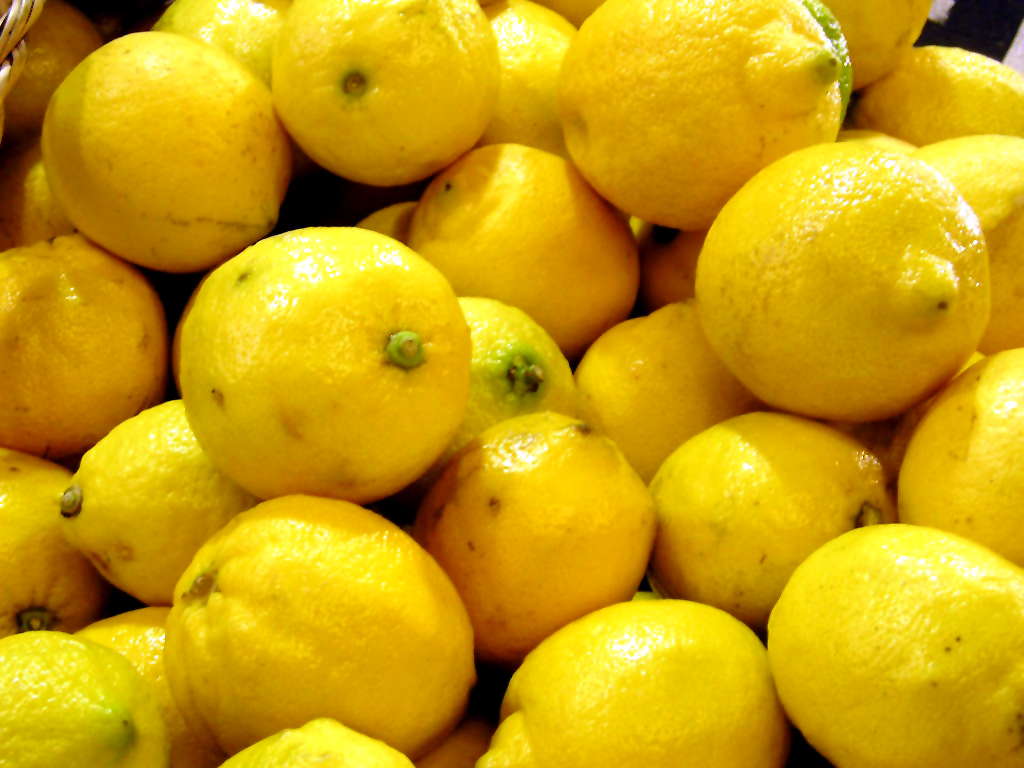
If you’ve turned on a radio or television, picked up a newspaper, or logged onto the Internet in the last month, you know it’s flu season. Like many Americans you might be trying to decide whether you and/or your kids should get vaccinated against the H1N1 and seasonal flu this year. If you’re looking for some antidotes to the widespread fear circulating this season with the coughs, sneezing, and sniffles, go here, here, or here.
Whether you decide to get vaccinated or not, boosting your immunity is always a good idea as the weather gets colder. After all, the influenza viruses are hardly the only bugs out there. Shannon Brownlee and Jeanne Lenzer write in “Does the Vaccine Matter” in the Atlantic this week:
We think we have the flu anytime we fall ill with an ailment that brings on headache, malaise, fever, coughing, sneezing, and that achy feeling as if we’ve been sleeping on a bed of rocks, but researchers have found that at most half, and perhaps as few as 7 or 8 percent, of such cases are actually caused by an influenza virus in any given year. More than 200 known viruses and other pathogens can cause the suite of symptoms known as “influenza-like illness”; respiratory syncytial virus, bocavirus, coronavirus, and rhinovirus are just a few of the bugs that can make a person feel rotten. And depending on the season, in up to two-thirds of the cases of flu-like illness, no cause at all can be found.
Most adults catch between two and four colds a year and the average infant or child catches from six to ten colds a year. That means, in our lifetimes, most of us will have a cold or flu for between two and three years. That’s a lot of Kleenex.
The good news is, nature offers us some powerful immune-boosters. You may want to have these on hand this winter.
1. Garlic
Garlic has antibacterial, antibiotic, and antifungal properties. Allicin is garlic’s defense mechanism against pest attacks, and in clinical tests, it also prevents the common cold. In one study, volunteers were randomized to receive a placebo or an allicin-containing garlic supplement every day between November and February. The garlic group reported 24 colds compared to 65 in the placebo group. The volunteers in the garlic group also recovered significantly faster if they did get infected.
You don’t have to buy a supplement. The tastiest way to take garlic is to eat it. Raw is best. But garlic’s active ingredients are also present in cooked food.
2. Lemons
Lemons are loaded with vitamin C. One lemon contains anywhere from 50% to 80% of the vitamin C you need in a day.
And if you do come down with a cold, one study confirmed that hot lemonaid (or another hot fruit beverage) relieves runny nose, cough, sneezing, sore throat, chilliness and tiredness.
3. Elderberry
Elderberry is a popular herbal cold remedy in Europe. It’s getting a lot of press this flu season, because in clinical tests its flavonoids compare favorably with the antiviral Tamiflu in treating the H1N1 flu . You can buy over-the-counter elderberry syrup at most health food stores. Or you can harvest your own elderberries or buy them in the bulk section of your local health food store and make your own syrup. (I’ll include the recipe in an upcoming post of favorite winter wellness recipes.)
4. Ginger
Ginger increases circulation and brings warmth to the body. It excels at quelling nausea, motion sickness, and dizziness. Many people also insist it can knock out the common cold.
5. Chicken Soup or Miso
Chicken soup and miso are full of vitamins and minerals. At least one study (Chest 2000) confirmed that chicken soup mitigates the symptoms of upper respiratory infections, possibly by reducing inflammation. Plus, the taste, smell, and warmth of these nourishing soups just make us feel good.
Herbalist Rosemary Gladstar recommends adding any or all of the following immunity herbs to the broth for a bigger boost of vitality:
- Astragalus
- Dandelion root
- Burdock root
- Echinacea root
Of course, winter wellness isn’t just what we ingest. When I look back at the winters where I came down with one cold after another, there were some glaring imbalances in my life. (Why are these so much easier to see in retrospect?) Either I’d signed up for too many college courses, I was miserable at my job, or my family had over-scheduled our days. Rosemary Gladstar sums it up nicely in her Family Herbal when she writes that wellness comes from:
Finding your joy in life. Exploring your passions. Getting up from your chair and moving your body. Wiggling. Eating good food. Playing.
Those are probably the best immunity boosters. But it never hurts to have a little chicken soup on hand just in case.
What are your tricks to staying well when the weather gets colder?
Stay tuned for an upcoming post of my favorite winter wellness recipes, including lemon garlic quinoa salad, miso, hot garlic lemonaid, and elderberry syrup.
[…] got hit with a winter ailment this week, so I thought it was the perfect time to update Stay Well: 5 Winter Immunity Boosters and Winter Wellness Recipes, originally posted in November […]